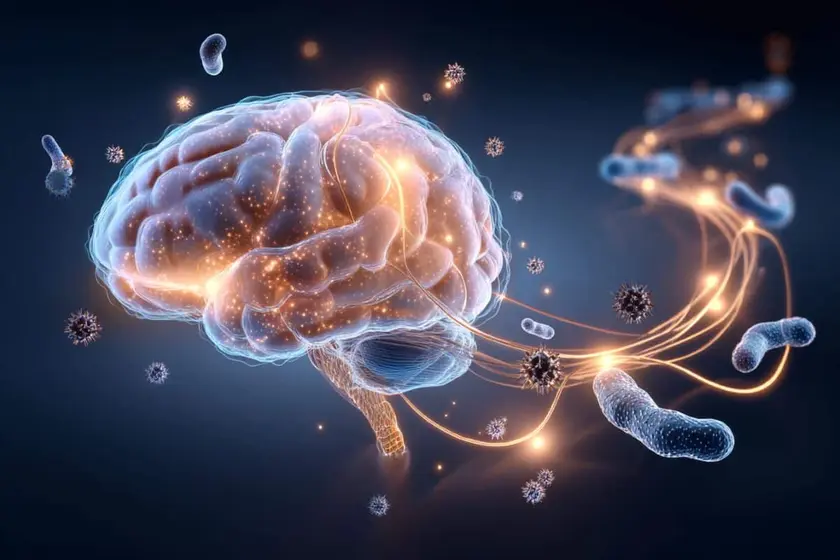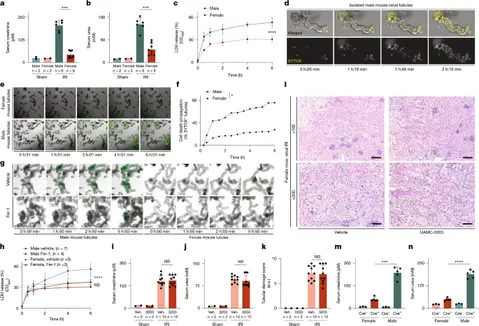T4K3.news
Nicotine slows aging in mice signals new research path
A mouse study links lifelong nicotine exposure to delayed motor decline and altered metabolism, but human safety remains unresolved.

A new mouse study shows lifelong oral nicotine reprograms aging metabolism and slows motor decline, raising questions about human implications.
Long-Term Nicotine Use Delays Aging-Linked Motor Decline
A 22‑month study in mice finds that life‑long oral nicotine exposure reshapes aging related metabolism through the glycolipid and sphingolipid pathways. Researchers report improved energy balance, preserved gut microbiota diversity, and a reduced rate of motor decline compared with untreated peers. The team used high‑precision 3D behavioral tracking and multi‑organ metabolomics to map nicotine’s systemic effects, noting increased availability of nicotinamide adenine dinucleotide and lower ceramide buildup as possible drivers of resilience.
While the findings highlight a potential mechanism for healthier aging, authors caution that translating results from mice to humans is not straightforward. The study deliberately avoids smoke by using purified nicotine in drinking water, but safety and long term effects in people remain unresolved. The work also suggests a path toward designing non addictive cholinergic metabolic modulators, though real world risks and regulatory hurdles will shape any future development.
Key Takeaways
"Nicotine reprograms aging metabolism and protects motor function in mice"
Highlighting the main mechanistic finding
"Biologically younger phenotypes appeared with nicotine treatment"
Relates to the measured Biological Age score
"This work opens doors to safer metabolic tools for mobility in aging"
Editorial takeaway about future directions
"Long term nicotine exposure in humans remains a major question"
Cautionary note about translation
The study adds to a growing field that links aging biology to lipid metabolism and the gut microbiome. It reframes nicotine not as a blunt health risk but as a molecular probe that reveals how energy networks and muscle function might be preserved. Yet the leap from mice to people is large. Nicotine itself is a known addictive compound with varied health effects, so any public health takeaway must balance curiosity about biology with caution about exposure.
Editors should watch for how media translates these findings. A headline may oversimplify or spark misinterpretation about nicotine being a “safe aging aid.” Responsible reporting will stress safety, the absence of human data, and the need for independent replication before considering clinical trials or new products.
Highlights
- Nicotine may rewrite aging metabolism but safety must stay front and center.
- Biological age moved in mice, not a green light for humans.
- The gut microbiome stays diverse when life spans stretch.
- Non addictive modulators could change how we fight aging.
Public health and safety concerns around translating nicotine findings
The study uses nicotine, a well known addictive substance, in a controlled animal model. While aiming to separate nicotine effects from smoke, applying these results to humans could risk misinterpreting nicotine as a safe aging aid. Clear communication and rigorous human studies are essential to avoid misuse or policy missteps.
More questions than answers, but a clearer map of aging biology is taking shape.
Enjoyed this? Let your friends know!
Related News

Estrogen protects kidneys from ferroptosis

Psilocybin shows promise as an anti-aging treatment

FDA-approved cancer drugs show potential for Alzheimer's

UK licenses teplizumab to delay type 1 diabetes onset

Midlife aging shift identified

Harvard lithium study renews hope for Alzheimer's treatment

Study finds brain rewrites emotional maps of familiar spaces

Goat Milk Shows Promise for Aging Muscles
